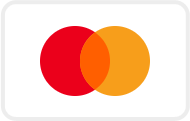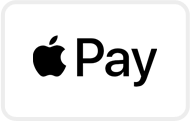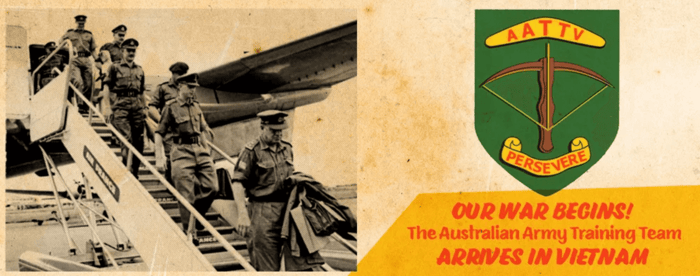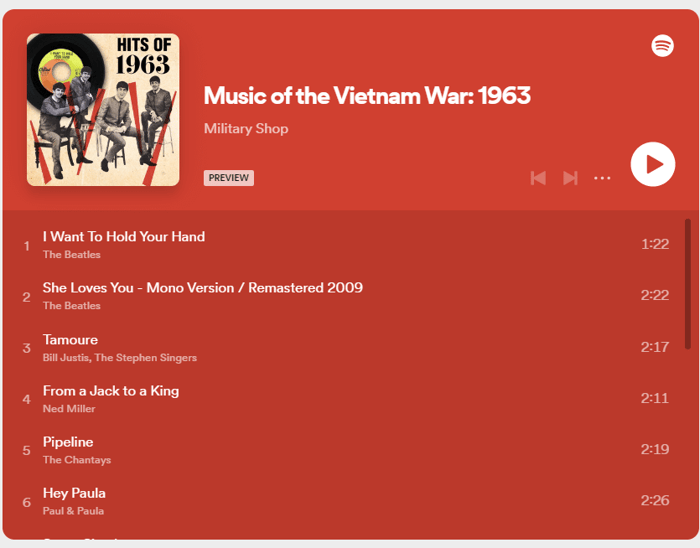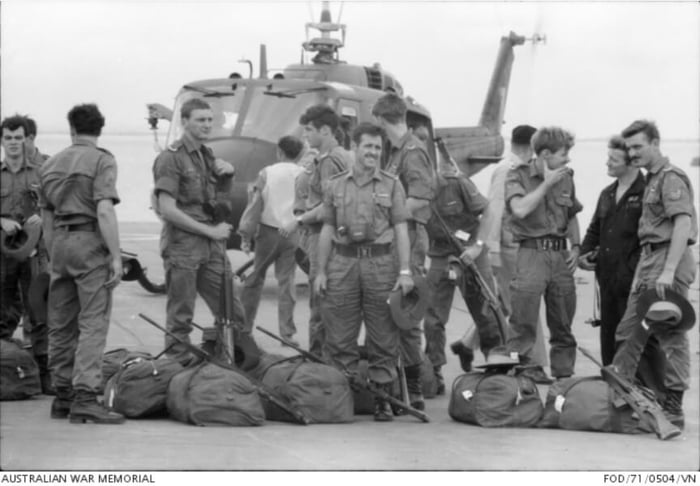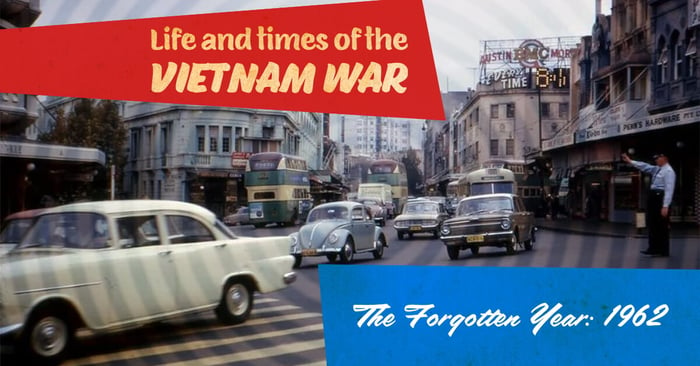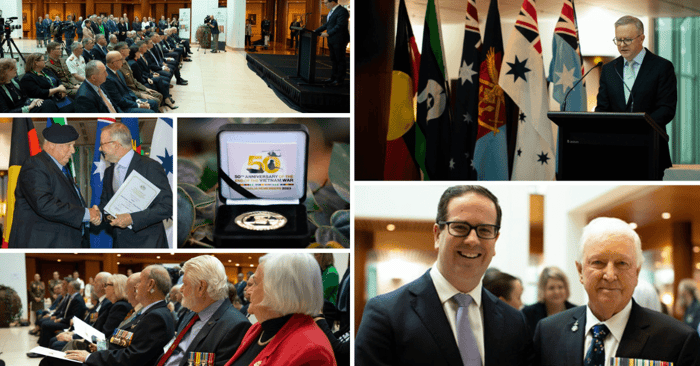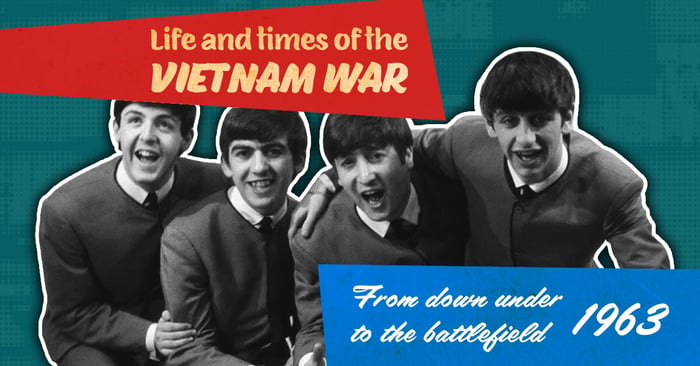
From Down Under to the Battlefield: A Look at Australia's Role in the Vietnam War in 1963
It is early 1963 and Australia is being invaded, and it is all British. Hundreds and thousands of people line city streets to catch a glimpse of Queen Elizabeth II and the Duke of Edinburgh during her whirlwind 9,000-mile national tour, and radio stations and record players everywhere are tuning into the Fab Four – Beatlemania is coming down under. Australia is feeling very much a part of the Empire.
-omggd.jpg)
Royal visit of Queen Elizabeth II and the Duke of Edinburgh, February 1963, Sydney Showground
Teenagers have also found a new passion. Surfing is growing in Australia, and it's got its own unique surf sound through bands like the Chantays and the Atlantics, and a new dance craze dance, 'The Stomp' is seen as rebellious by many conservative older Australians who try to ban it.
Life and Times
Although the world is still gripped in the cold war, and the fear of communism's spread is seen as a global threat, signs of optimism emerge. After the Cuban missile affair of 1962, which brought the world dangerously close to nuclear war, U.S. President, John F Kennedy, and Soviet Premier, Nikita Khrushchev, agreed in June to establish a hotline to use in situations such as the Cuba crisis. Just two months later, on 5 August, the United States, the United Kingdom, and the Soviet Union sign the Limited Nuclear Test Ban Treaty.
But on 22 November 1963, any feeling of hope is shattered when the world is rocked by the assassination of President Kennedy in Dallas Texas.
Just weeks earlier, on 1 November, South Vietnam's corrupt President Ngo Dinh Diem and his brother Ngo Dinh Nhu were assassinated by a group of South Vietnamese generals in a military coup the United States had known about and which it had chosen to not prevent. Instead of the hoped-for stability in South Vietnam with the change in leadership, the country further fractured, and the North Vietnamese advance was increasing without great resistance.
After President Kennedy's assassination, Lyndon B. Johnson took over as U.S. President and announced the U.S. would continue supporting South Vietnam in its war against communism. Before the year is out some 15,000 U.S. military advisors will be serving in Vietnam.
Australia's own small team of 30 military advisers suffered its first casualty that June when Australian Army Training Team Vietnam (AATTV) advisor, Sergeant William Hacking, is killed after his weapon accidentally discharges after being caught in vegetation. Members of the AATTV unit continue to support South Vietnamese but their role is changing. By late '63 members of the team were redeployed into combat advisory roles, with two officers and eight NCOs working with Special Forces teams involved in counter-insurgency operations by February 1964.
At home, the 30 November Federal election returns the Liberal Party and Prime Minister Robert Menzies to office. Significantly, Indigenous Australians in Western Australia, Queensland and the Northern Territory could vote in the federal election on the same basis as other electors for the first time. Indigenous voting rights in other states had been in place since 1949. Many believed the assassination of Kennedy, and the fear of an unstable world was a key factor in the return of the government.
Music of 1963
In 1963, The Beatles' album "Please Please Me" dominated the music scene in Australia, with the title track reaching the top of the charts. Meanwhile, the world was on edge as the Cold War continued to escalate. Australia joined the United States in condemning the Soviet Union's nuclear testing and participated in the signing of the Partial Nuclear Test Ban Treaty. Despite these challenges, Australia continued to grow economically and socially, with the opening of the Sydney Opera House and the introduction of decimal currency.
Join the Conversation
We're helping Australians of all ages better understand the life and times of our Vietnam Veterans as we commemorate the end of Australia's involvement in the war 50 years ago. We're sharing interesting social bits and pieces from the Vietnam War era to give you a feel of the world back then, but most importantly we're sharing your memories, stories, and pride. Your memories of the Vietnam era; your family growing up in the 1960s and 70s; or stories you have about the life and times of your veteran dad, pop, uncle, or aunt will breathe life into their story. Share your pictures, anecdotes, and memories so others can see our veterans as more than soldiers. We honour, respect and admire, but few know. Help us honour our Veterans.










